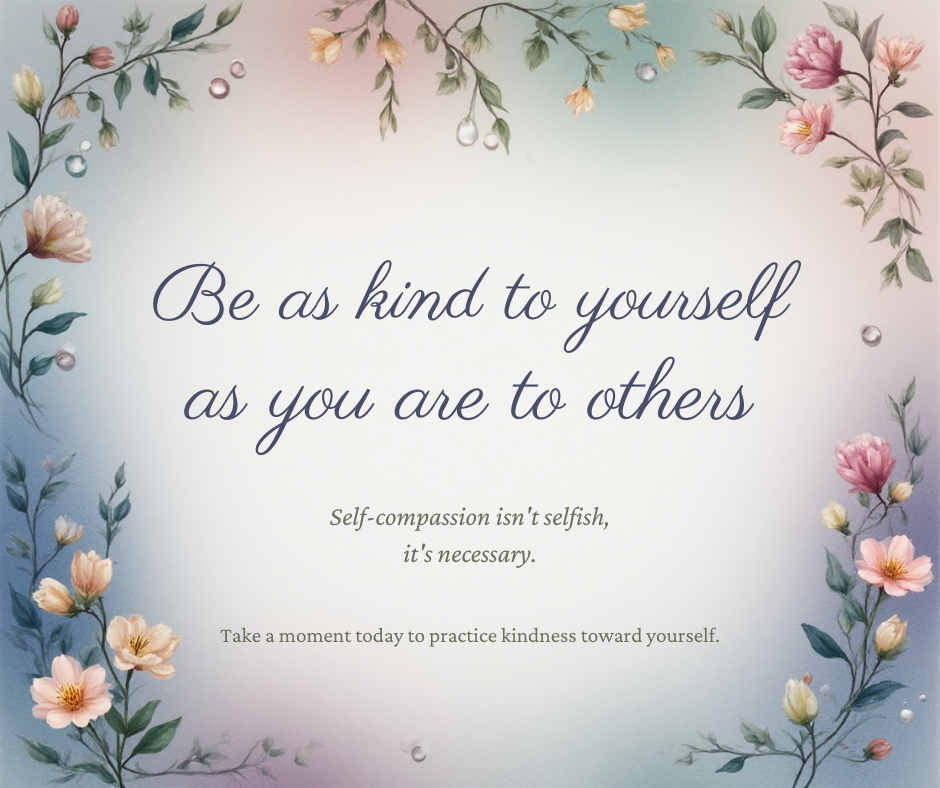Christmas stress? We’ve all seen the movie version of Christmas: twinkling lights, perfectly roasted dinners, effortless family harmony, and the ideal gift exchange.
But the reality? It’s often a pressure cooker of deadlines, financial strain, packed schedules, and the crushing weight of trying to make everything magical.
If you find yourself dreading the holiday season more than you anticipate it, you are absolutely not alone. Christmas stress is real, and it’s a powerful joy-stealer.
The good news is that you don’t have to surrender your peace to the pursuit of perfection. By setting intentional boundaries and adjusting your mindset, you can reclaim the joy of the holiday season.
Here is your practical guide to coping with Christmas stress and maximizing your holiday happiness.
Understanding the Christmas Stress Triangle
Before we tackle the coping strategies, it helps to identify the three main areas where most holiday pressure originates:
- The Financial Burden: Gift buying, travel costs, increased grocery bills, and party attire can quickly deplete savings and cause immense anxiety.
- The Time Crunch: Trying to fit decorating, shopping, baking, wrapping, school events, and multiple family gatherings into an already busy calendar often leads to burnout.
- The Burden of Expectation: We feel compelled to recreate nostalgic childhood memories or live up to the curated perfection we see on social media.
Phase 1: Practical Stress-Busting Strategies
When you feel overwhelmed by the sheer volume of tasks, these actionable steps will help you simplify and delegate.
1. Lower Your Standards (The 80/20 Rule)
The biggest myth of the holidays is that everything must be done from scratch.
- Embrace Outsourcing: Is your time more valuable than the cost of a store-bought pie crust? Absolutely. Buy the cookies, hire the cleaner, or purchase pre-made appetizers.
- Ditch the Detailed Cards: If writing 100 personalized Christmas cards feels like a month-long obligation, send a personalized email, post a holiday update online, or scale back your mailing list.
- Decorate Selectively: Focus on three main areas (the tree, the mantle, and the dining table) and ignore the rest. You don’t have to transform your home into a winter wonderland overnight.
2. Schedule Downtime Like It’s an Appointment
Amidst the chaos of December, we tend to skip the very things that keep us grounded—exercise, healthy meals, and sleep.
- The “Buffer Day”: If you are traveling, hosting, or attending a major event, schedule the following day as a complete buffer. No errands, no social plans, just rest.
- The 30-Minute Pause: Use your calendar to block out 30 minutes every day for nothing but silence. Read a book, meditate, or just stare blankly. This is non-negotiable health time.
3. Delegate Ruthlessly
You don’t have to play Santa, the Head Chef, and the Chief Wrapper all at once.
- Involve the Family: Even small children can help sort ornaments or put stamps on envelopes. Teenagers can be tasked with wrapping or running specific errands.
- Divide the Feast: If you are hosting, make it a potluck. Guests genuinely enjoy contributing. Assign specific dishes (appetizers, drinks, dessert) to take the pressure off the host.
Phase 2: Financial and Gifting Sanity
Money is one of the leading causes of holiday stress. Get ahead of the anxiety by redefining what a meaningful gift truly is.
4. Create a Zero-Tolerance Budget
Stop shopping based on emotion and start shopping based on numbers.
- Establish Limits Early: Before you buy the first gift, set a precise budget cap for each person, including categories like food and decorations. Use cash envelopes or a dedicated savings account to track your spending instantly.
- The Gift-Giving Audit: Question every tradition. Do you need to buy gifts for every coworker, neighbor, and distant cousin? If the answer is no, offer a heartfelt holiday greeting instead.
5. Shift Focus from Stuff to Experiences
Many people are overwhelmed by possessions already. Focus on gifts that create connection rather than clutter.
- The “Experience” Gift: Movie tickets, museum memberships, a cooking class, or a promise to watch their pet while they take a weekend trip.
- The “Homemade” Gift: If you are crafty, a thoughtful homemade gift (jam, spiced nuts, hand-knitted items) is often treasured more than an impersonal store-bought product.
- The Secret Santa Solution: If you have a large extended family, institute a Secret Santa or White Elephant rule to dramatically cut down the number of gifts you need to purchase.
Phase 3: Emotional and Mental Resilience
The quiet stress of internal expectations can be the hardest to manage. Use these tips to protect your mental health.
6. Embrace the Power of “No”
This is perhaps the single most important tool in your anti-stress arsenal. You have the right to decline invitations, modify traditions, and protect your energy.
- Be Polite, But Firm: If you are invited to a party you simply don’t have the bandwidth for, a simple, “Thank you so much for the invitation, but we won’t be able to make it this year,” is enough. You do not owe anyone a detailed explanation.
- Choose Your Battles: Instead of attending three parties in one weekend, choose the one that brings you the most genuine joy.
7. Manage the Nostalgia Trap
We often suffer stress because we are trying to perfectly replicate a memory that probably wasn’t perfect to begin with.
- Focus on the Present: If a tradition brings you more anxiety than happiness (e.g., spending two days making a complex gingerbread house), adjust it or skip it entirely. Create new traditions that fit your current energy and stage of life.
- Practice Mindfulness: When you feel the stress creeping in—usually when you are shopping or cooking—stop for a moment. Take five deep breaths. Look around. Remind yourself that the goal is connection, not commerce or perfection.
8. Remember the “Why”
Strip away the pressure of consumerism and obligation, and what remains? The true purpose of the holidays: connection, gratitude, and taking a moment of peace amid a busy year.
If a task, event, or expense isn’t contributing to those three goals, it’s probably fueling your stress. Give yourself permission to let it go.
Final Thought: Perfection Is Overrated
The perfect holiday exists only in the movies. Real life is messy, imperfect, and sometimes chaotic—and that’s okay.
This year, trade the pursuit of perfection for the reward of presence. Instead of trying to do everything, focus on being present in the moments that matter. Trust us, that is the most peaceful gift you can give yourself and your loved ones.







Leave a Reply